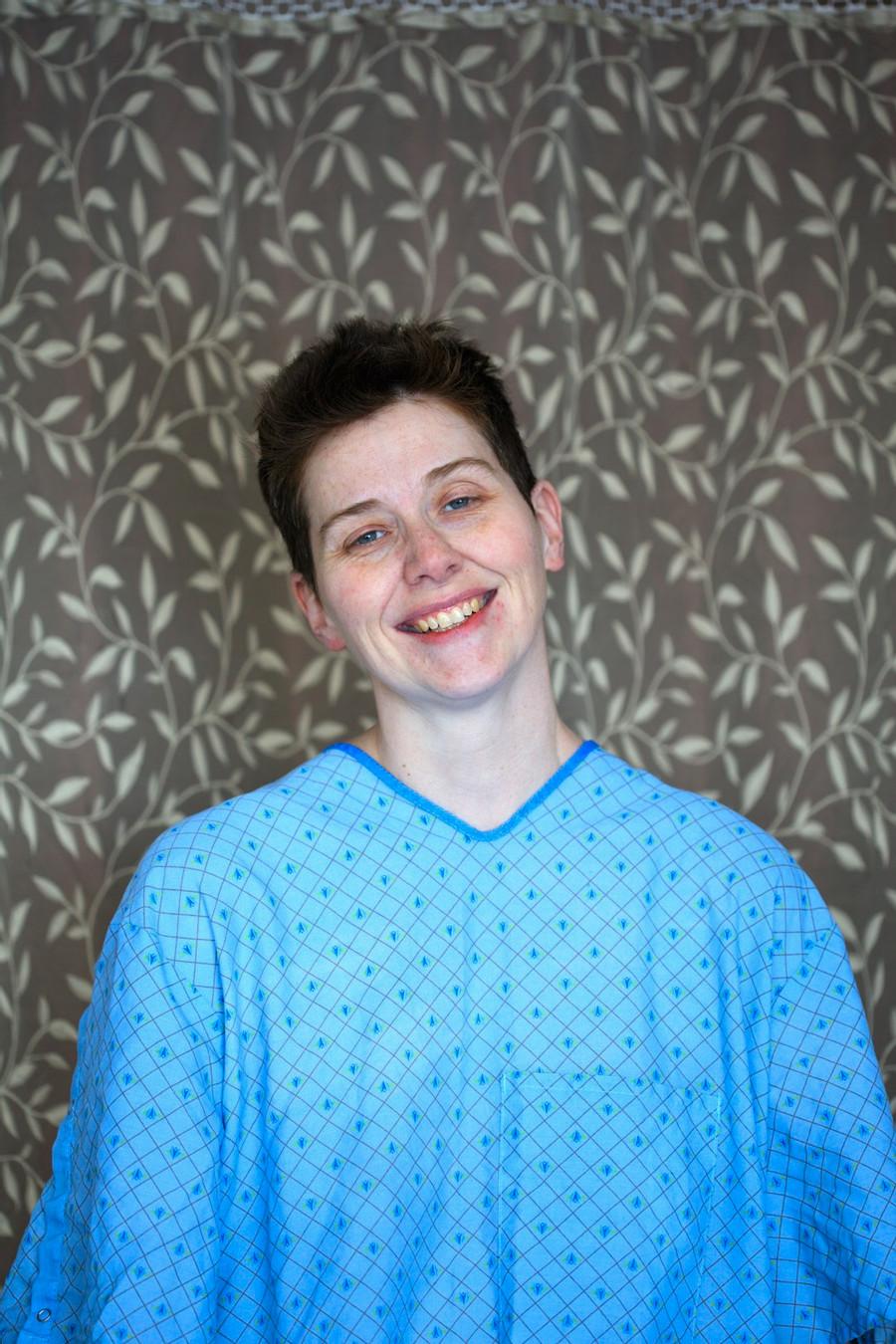Explore the World's Best Ideas
Join today and uncover 100+ curated journeys from 50+ topics. Unlock access to our mobile app with extensive features.
Talking To Heal
Psychotherapy, often known as Talk Therapy, uses insight, problem-solving, reframing of cognitions and changes in behavior to bring about greater mental well-being. Successful psychotherapy also involves reaching three very important goals:
1. Response
2. Remission
3. Recovery
Problem is, many children and adults don't reach all three - and this sets the stage for relapse of symptoms.
11
153 reads
Response
The first goal of psychotherapy is to get you to feel better.
Response is reached when, as a patient, you report less depressive symptoms, clinically meaningful improvement in mood, daily functioning, physical pain, and negative thinking. Getting to a response level will be easy for some. Generally, these adults and children report feeling better in a few sessions.
When it comes to attaining a response in psychotherapy, don't compare yourself with another person's experience. Instead, focus on your unique experiences with depression and set realistic goals with your therapist.
11
129 reads
Remission
The second goal in treating your depression is to bring you to a full state of remission. Remission is clinically defined as the experience of being symptom-free from illness. This differs from response in that you not only report an improvement from when you started treatment, but you also describe the presence of well-being, optimism, self-confidence and a return to a healthy state of functioning.
It's important to follow your treatment plan so you can achieve a full state of remission. Not doing so can lead to a partial remission - where relapse is likely to occur.
10
94 reads
Recovery
Recovery is clinically defined as the absence of symptoms for at least 4 months following the onset of remission. Recovery presents with periods of improvement and growth as well as with setbacks and stumbling blocks. So, essentially, you'll have good days and you'll have bad days. It's important to monitor your depressive disorder by being mindful about your physical and emotional experiences - along with many of the other tools and techniques you've learned in psychotherapy. Also, it's vital to keep up with your medication if that's part of your treatment plan.
10
88 reads
The Bottom Line
Living with a moderate or severe mental illness requires consistent treatment and coordinated care. For those who experience treatment-resistant depression, alternative treatment plans will be created to deal with these unique challenges. But for others who have treatable depressive disorders, strive to make psychotherapy a priority. Aim to reach all levels of response, remission, and recovery.
10
95 reads
IDEAS CURATED BY
Katherine Thomas's ideas are part of this journey:
Learn more about mentalhealth with this collection
How to communicate effectively with difficult people
How to handle conflict
How to stay calm under pressure
Related collections
Similar ideas
3 ideas
Why do You Yell and Shout when Angry
psychcentral.com
9 ideas
7 Types of Depression You May Not Know About
verywellmind.com
4 ideas
History of Psychotherapy
psychcentral.com
Read & Learn
20x Faster
without
deepstash
with
deepstash
with
deepstash
Personalized microlearning
—
100+ Learning Journeys
—
Access to 200,000+ ideas
—
Access to the mobile app
—
Unlimited idea saving
—
—
Unlimited history
—
—
Unlimited listening to ideas
—
—
Downloading & offline access
—
—
Supercharge your mind with one idea per day
Enter your email and spend 1 minute every day to learn something new.
I agree to receive email updates




